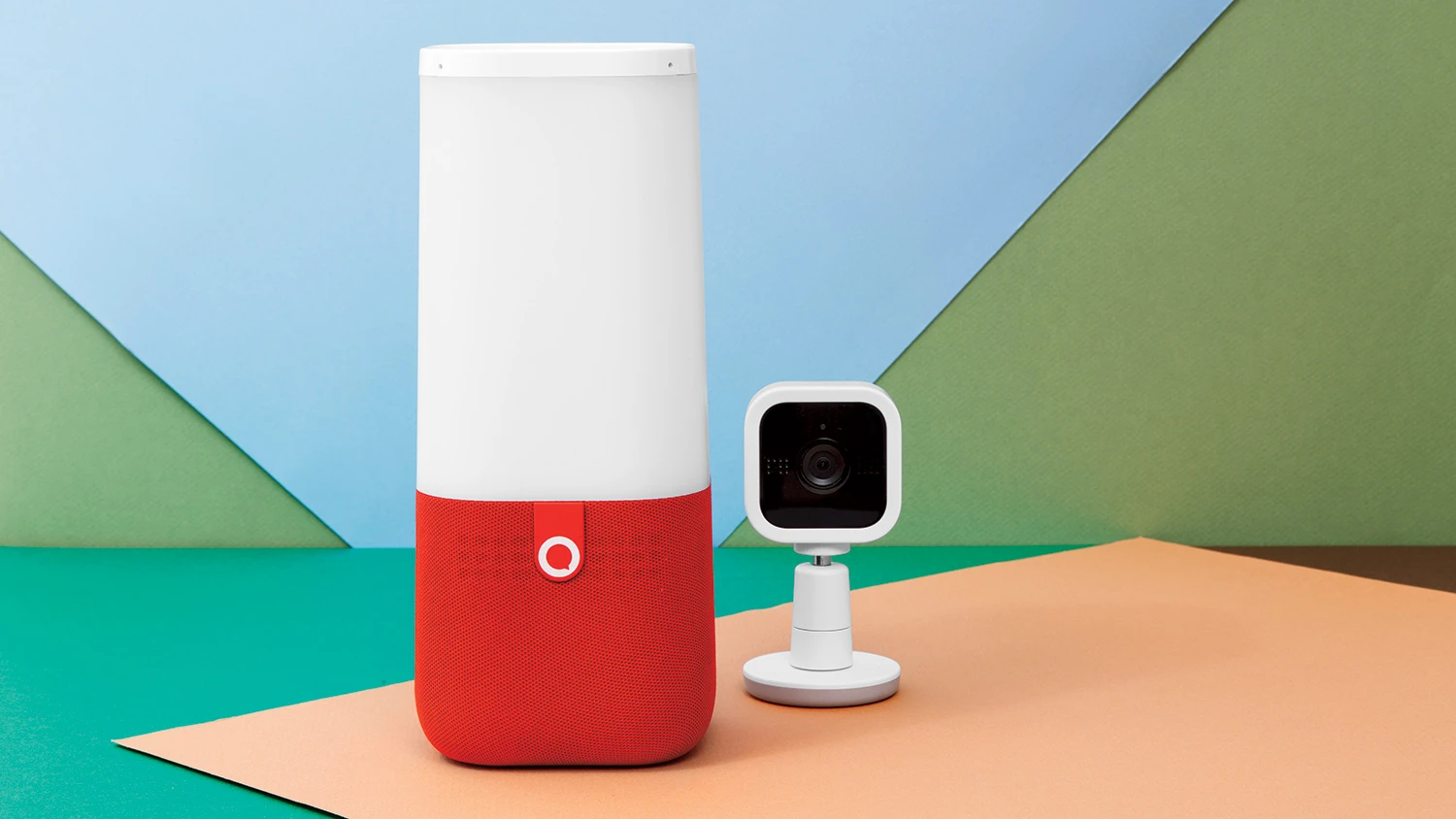“Okay, Google, how fast do lions run?” yelled my toddler to our new Google Home smart speaker. “Okay, Google, how far is our moon?” The voice assistant had understood me perfectly moments earlier, but it couldn’t process a single question asked by my son’s higher-pitched, less articulated voice. “She doesn’t help!” he lamented with a frown.
My son’s disappointment is the exact problem that Mattel believes it can fix with Aristotle, a $349 voice-activated speaker launching in May that functions like Google Home or Amazon Echo devices. But rather than rule the entire house, Aristotle is built to live in a child’s room—and answer a child’s questions. In this most intimate of spaces, Aristotle is designed to be far more specific than the generic voice assistants of today: a nanny, friend, and tutor, equally able to soothe a newborn and aid a tween with foreign-language homework. It’s an AI to help raise your child.
“We tried to solve the fundamental problem of most baby products, which is they don’t grow with you,” says Robb Fujioka, senior vice president and chief products officer at Mattel. “We spent a lot of time investing in how it would age.”
For new parents, Aristotle can be a smart baby monitor: It’s equipped with a camera that streams video to your phone. Via an app, parents can program the device to auto-soothe their baby when she wakes up crying, setting it to glow like a night-light or play a favorite song. The assistant will also help log things like wet diapers and feedings, thus introducing the possibility of automatically replenishing products. Though the device will have various retail partners, it’s notably compatible with Amazon’s Alexa service. In what Mattel calls “parent mode,” anything a parent would ask Alexa can be asked through Aristotle; they simply begin a question with “Alexa” rather than “Aristotle,” as if they’re addressing two different people. [Update: Since publishing this story, Mattel has canceled Alexa integration for Aristotle and opted to pursue another, unannounced partnership instead.]
But it’s the child-to-Aristotle connection that makes the device such an interesting entrant in the rapidly commoditized voice-assistant market. Companies like Amazon, Apple, and Google are trying to rule voice with everything-for-everyone personalities that ultimately fail to serve more specific user groups and needs; Aristotle’s narrower focus may help it succeed in a competitive space.

Key to that is Aristotle’s ability to understand young voices. “It was one of the core things we tried to resolve from the get-go,” says Fujioka. “Our audience often says words completely differently [even from one another].” To deal with that complication, Mattel partnered with PullString, a San Francisco–based company that focuses on AI conversation and speech recognition. Embedded with PullString’s platform, Aristotle will mature alongside its young listeners, constantly improving its recognition capabilities as children get older. For toddlers, Aristotle will turn its LED various colors and ask the listener to identify them; older kids can ask Aristotle factoids like, “Who was the 16th president of the United States?” or request to play a game.
All of this points at Aristotle’s greater intent: It’s built for play. Mattel is, after all, a toy company with lots of intellectual property. “Imagine what happens with Hot Wheels and Thomas the Tank Engine when you have this connected hub,” says Fujioka of Aristotle’s future ecosystem. “Do you hear sound effects? Can you have greater interactions?” Mattel imagines that even cheap, simplistic die-cast cars can be loaded with low-cost chips to connect to Aristotle. Meanwhile, the device’s camera will use object recognition to identify flash cards, or even a toy without any special electronics, essentially adding interactions to make it feel more dynamic. The company is aiming to roll out these features early next year.
Mattel is also opening Aristotle to third-party developers, allowing partners to build connected toys and apps. One such program, which could be available as early as the fall, will support thousands of children’s books on the platform so that Aristotle might read kids a story while a tablet projects related art onto the ceiling.
All of these capabilities will undoubtedly put pressure on Mattel to protect the privacy of its young users. Hackers accessed 6.4 million children’s profiles, which included names, birthdays, and photos, at electronic toy maker VTech in late 2015; more recently, Genesis Toys’ connected doll was the subject of official complaints in the U.S. and was banned in Germany because it came equipped with a microphone that could, potentially, be manipulated to record users. Mattel has already invested greatly in the privacy of children going online (it debuted its connected Barbie nearly two years ago); it’s using one of the highest encryption standards for Aristotle’s transmissions to its servers.
While Aristotle’s built-in camera and third-party features may open Mattel up to security scrutiny, they’re also essential to creating a rich ecosystem that can further differentiate Aristotle from the more broadly positioned voice assistants being peddled by Amazon, Apple, and Google. “There is really no point to competing with them,” says Fujioka. “They want to be the top of the funnel when it comes to search. Our focus around AI is, how do we educate and entertain children?”
Recognize your brand’s excellence by applying to this year’s Brands That Matter Awards before the early-rate deadline, May 3.
